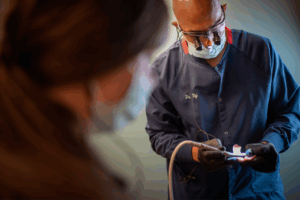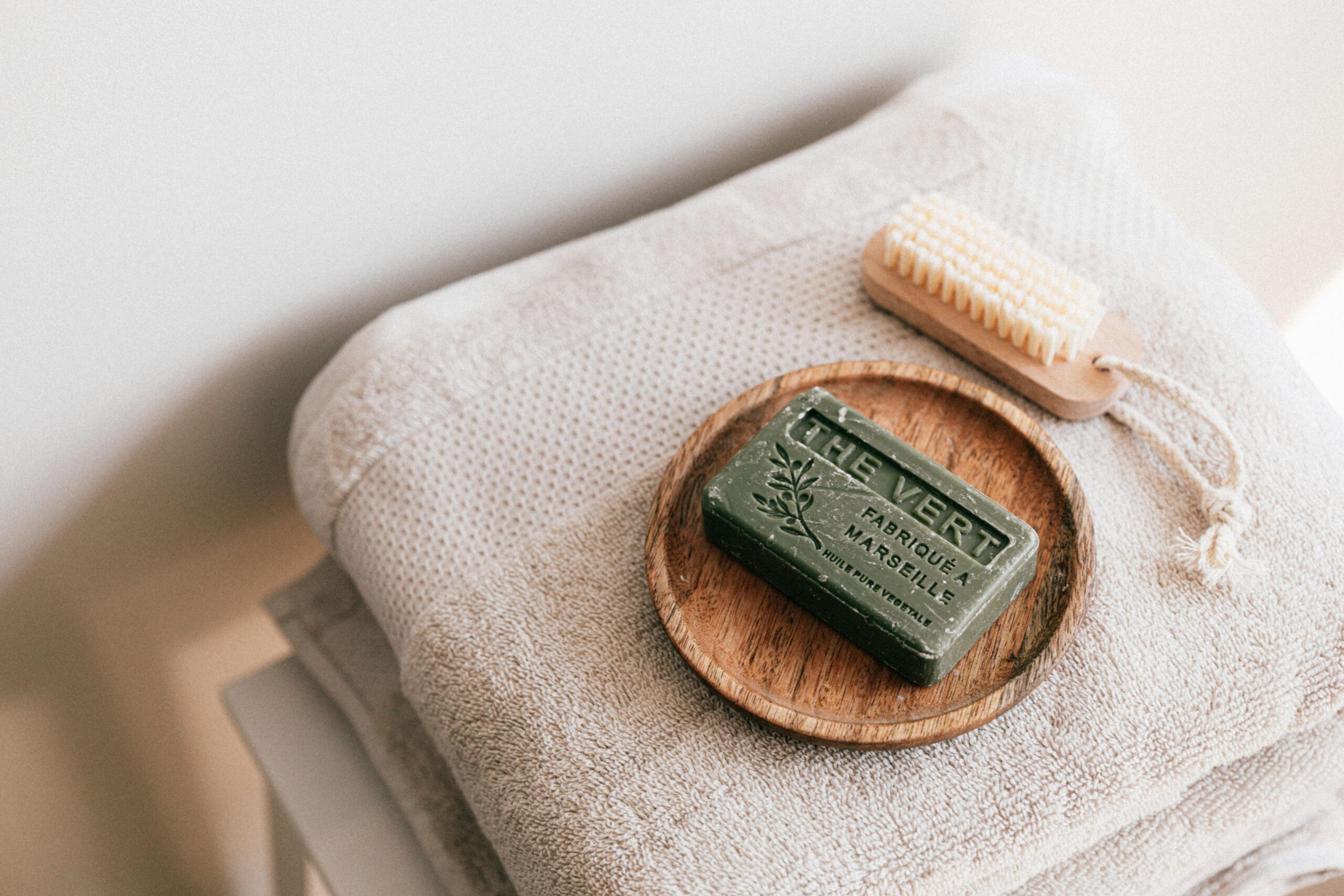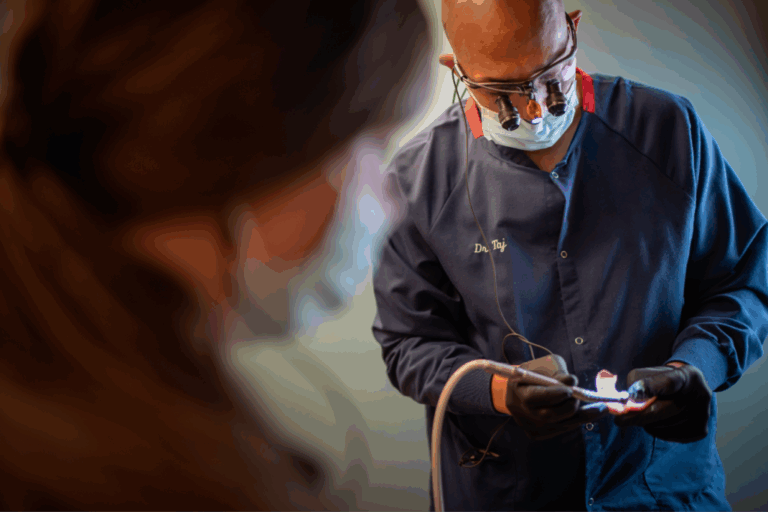Learning how to make soap enables you to create custom products for personal care or as gifts. With the right soap making supplies, you can create and sell products with minimal effort. Apothecary suppliers offer a range of products, including raw ingredients, preparation tools, and safety supplies. Here are some top supplies to have when making soap:
Raw Ingredients
When combining raw ingredients for soap, precise measurements are usually required. This helps verify that the soap will bind together, cure properly, and create good lather. Some key ingredients include:
- Soap base: In cold or hot process soaps, lye is dissolved in water to form the base of the soap. Lye triggers the saponification process, which transforms fats and oils into soap. Melt and pour bases are also available. These have already undergone saponification, making it easy to customize bars at home.
- Fats and oils: These are often made from coconut, palm, olive, or sunflower. The choice of fat impacts the soap’s hardness and moisturizing properties.
- Additives: Once you have the base, you can add oils, fragrances, botanicas, and other ingredients.
Fragrances and essential oils enhance the scent of your soap, while also adding specific therapeutic benefits. Options range from lavender and rose to eucalyptus, chamomile, and tea tree oil. Some ingredients enhance skin moisturization and soothe ailments, like acne. Other soap making supplies, such as dried botanicals, improve the soap’s texture and provide exfoliation benefits.
Preparation Tools
Whether making soap from lye or using melt and pour bases, various tools for measurement, blending, and monitoring are often required. Digital scales and thermometers are used during the saponification process. Heat-safe, stainless-steel containers are suitable for melting oils and fats and mixing ingredients.
Molds give you the freedom to make custom-sized and shaped soaps. They are available in plastic, silicone, and wooden options, and may feature custom imprints that help brand your soaps. Straight and wavy metal cutters are used to portion soaps and add unique textures and aesthetics. You can also choose from a wide range of packaging, including wooden soap dishes, burlap bags, boxes, and cellophane bags.
Safety Equipment
If you’re new to making soap, books can help guide you through the process or offer decorative suggestions. Some apothecary shops offer soap making books that provide step-by-step instructions on creating various types of soaps. Follow the safety instructions and use disposable gloves, a particulate respirator, and safety glasses for protection when using lye and other chemicals. An apron helps guard clothes against spills. Your soap making location should have proper ventilation to allow any released fumes to escape. Use pH test strips and accurate thermometers to verify when different additives can be mixed into a soap base.
Find Quality Soap Making Supplies
Apothecary shops offer a wide range of supplies, including mortars and pestles, drying trays, soap dyes, and ready-to-package soaps. The type of soap you’re making helps determine which ingredients and supplies to buy. Whether you’re making bars or liquid soaps and shampoos, choose high-quality ingredients. Contact an apothecary shop today to learn more about their soap making supplies.
















+ There are no comments
Add yours